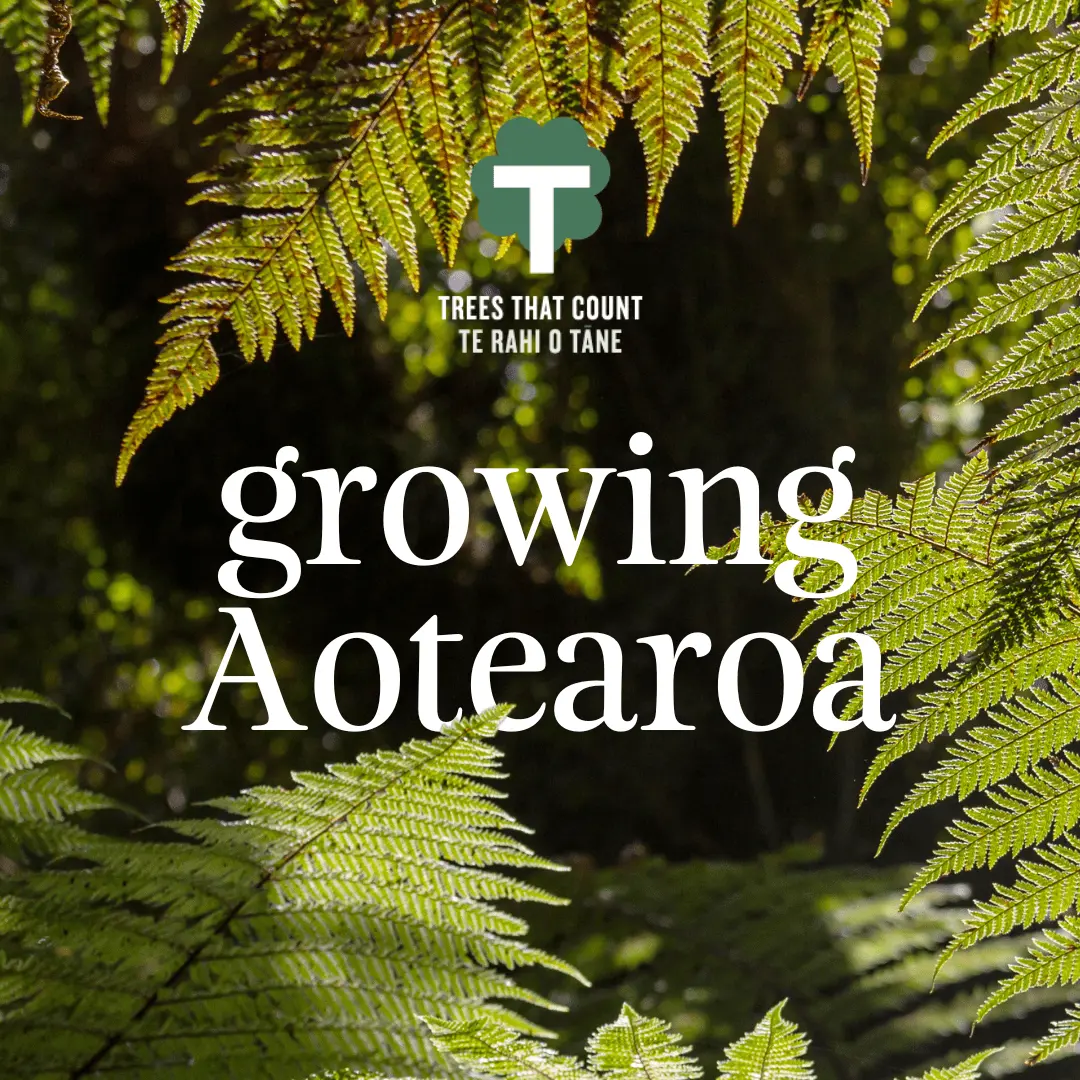If you’re a U.S. citizen with a foreign trust, take heed of the U.S. tax implications of having your trust.
It is nigh on impossible for the trust to be treated as a separate entity for U.S. tax purposes – or that portion of the trust’s assets that you are deemed to own.
Deemed ownership, and a deemed distribution, for U.S. tax purposes, arise out of two occurrences:
1. You have transferred assets to the foreign trust (or a share of assets, such as your jointly-owned matrimonial home) (deemed ownership).
2. You have or are using the assets of a trust which you otherwise might not have any connection with (deemed distribution).
That is you may not be a trustee, beneficiary, or a settlor.
A foreign trust of which a U.S. person is deemed to be an owner/partial owner is called a foreign grantor trust. The trust is looked through for U.S. tax purposes and the income, expenses, gains and losses are treated for U.S. tax purposes as though the items were derived/incurred directly by the U.S. person.
A foreign trust with a U.S. owner, including the ubiquitous New Zealand discretionary trust, is presumed by the United States to have U.S. beneficiaries. That is unless the foreign trust’s deed of trust expressly states that no U.S. person can ever be a beneficiary of the trust.
Information reporting requirements exist for U.S. citizens to report any and all transactions with foreign trusts, as well as the ownership of foreign trusts.
Penalties for failure to file these information returns are up to 35% of the value of the gross assets of the trust.
If you are in any doubt about your U.S. tax and information reporting obligations we are available and specialize in this area.















